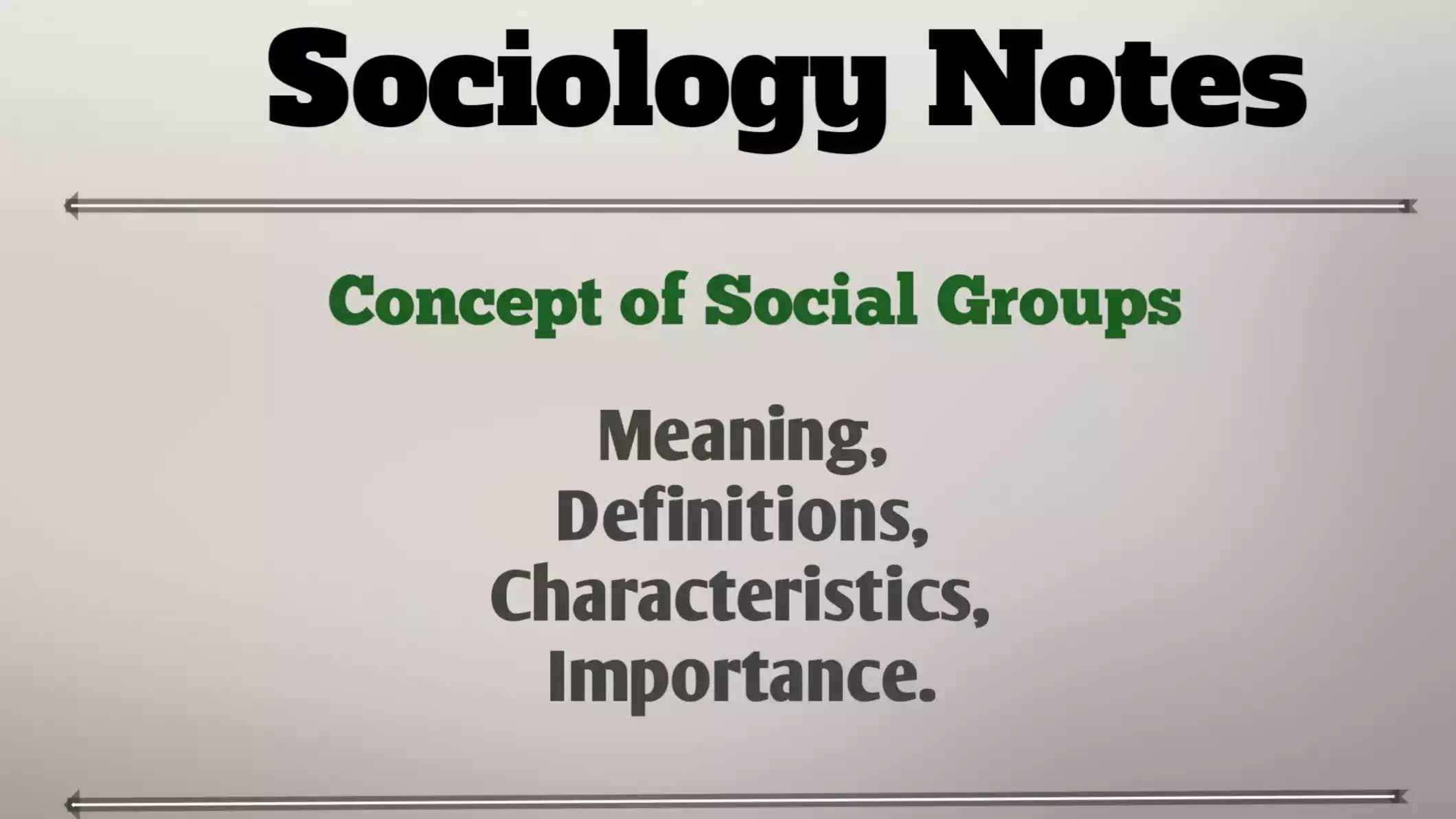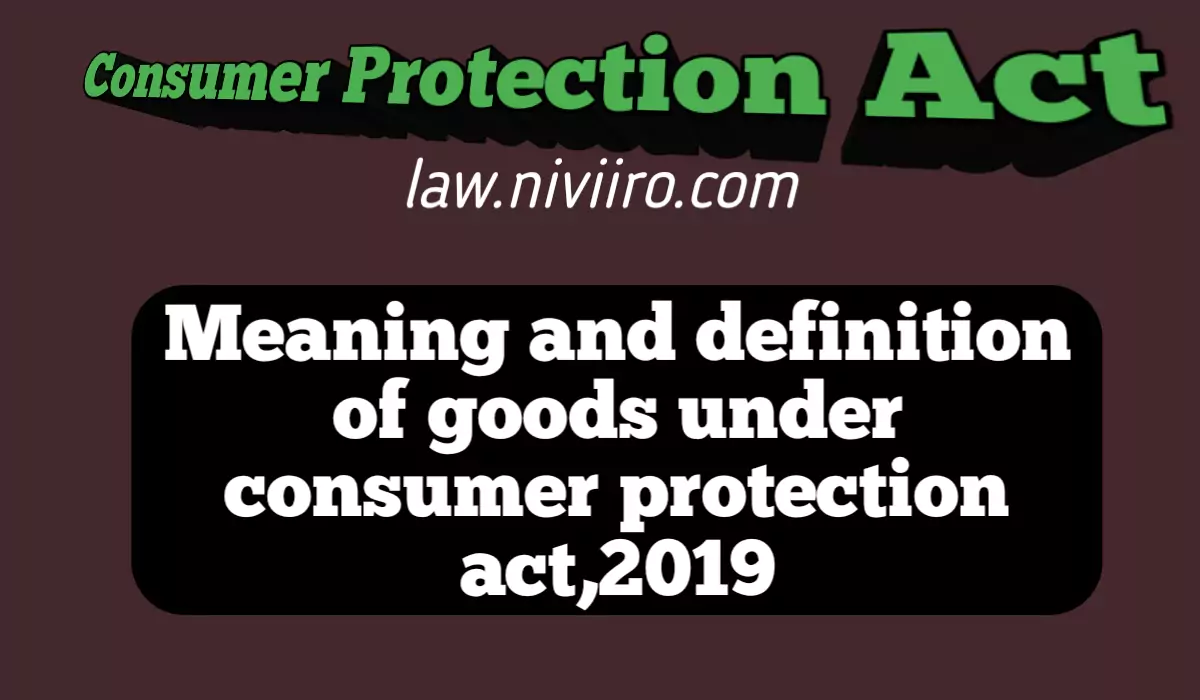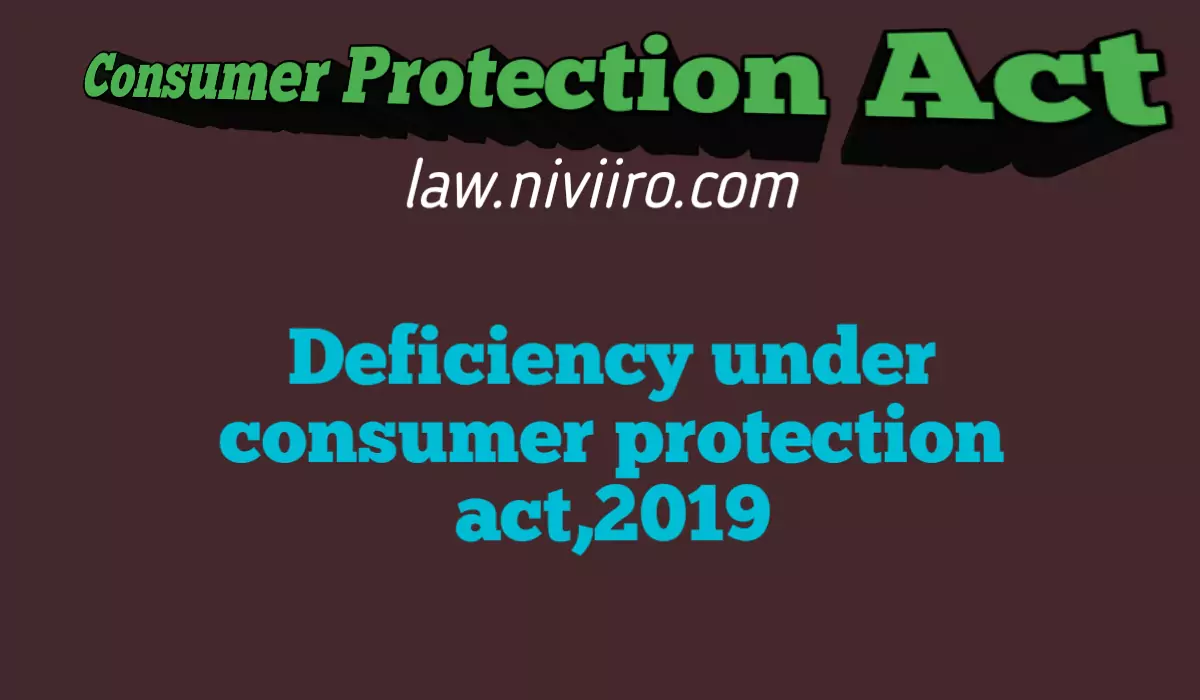Social Groups – Society is made up of groups. Society begins with a gathering of people. However, simply gathering people together in a physical location does not constitute a social group. A social group exists when two or more people are in contact and communication, either directly or indirectly. Group members stimulate each other and respond in meaningful ways. This mutual stimulation and response of individuals and groups is social interaction.
Society is based on social interaction. “Both society and culture are products of social interaction.” Social interaction is the most fundamental social phenomenon from which all other social phenomena arise. A social relationship exists when interactions are repeated frequently enough that we can recognize patterns of behavior. Social relationships can be friendly or unfriendly, intimate or non-intimate, inclusive or non-inclusive, professional or non-professional.
The nature and character of social relationships is the basis for different forms of social groups, such as: B. primary and secondary groups, in-groups and out-groups, organized and unorganized groups, formal groups and informal groups or organizations, etc.
Man is a Social Animal
Usually people do not live alone. People don’t live in isolation for long. man is basically a social creature. The great Greek philosopher Aristotle said long ago that humans are social animals . He further stated that those who do not live in society are either animals or angels.
All humans live in groups, except for hermits, shepherds, lighthouse keepers, lone prisoners, and perhaps a few others. Humans live in groups no matter where they are. Most of human life is lived in groups. Completely separate or isolated individuals are purely hypothetical.
On the contrary, human daily life mainly consists of participation in groups. Without companions, our lives not only become boring and unbearable, but also our survival becomes problematic.
Complete exclusion from one’s own group is probably the cruelest punishment a man must endure, below the death penalty. The term “group” lacks precision “Group” is one of those terms that lacks precision in common usage. We use the word “group” to refer to family groups, kinship groups, racial groups, church groups, religious groups, occupational groups, age groups, gender groups, large community groups, abstract groups, statistical groups, collectivities, etc. used to mean a group of Even in sociology, the word group is not always used consistently by sociologists.
The word “group” is used very loosely. The word “group” is sometimes used to refer to an entire population of humans. Sometimes used to describe a small group of two or more individuals (a dyad). The term “group” is not used in any specification. Therefore, it is difficult to give a single satisfactory definition of the group concept.
Definitions of Social groups
- R.M. Maclver and Page define social group as ‘any collection of human beings who are brought into human relationships with one another.’
- Harry M. Johnson says that ‘A social group is a system of social interaction.’ 2. Marshal Jones is of the opinion that a social group is ‘two or more people between whom there is an established pattern of interaction.’
- Emory S. Bogardus defines social group as ‘a number of persons, two or more, who have common objects of attention, who are stimulating to each other, who have common loyalty and participate in similar activities.’
- Ogburn and Nimkoff: “Whenever two or more individuals come together and influence one another, they may be said to constitute a social group.”
Characteristics of Social Groups
The main characteristics of social groups are:
(i) Impact on personality. Social groups directly or indirectly shape the personalities of their members. It also provides an opportunity to express individuality.
(ii) Interactions between Members.
Social interaction is the basis of group life. Therefore, a mere collection of individuals does not constitute a group. Members need to interact. Social groups are actually systems of social interaction. The boundaries of social groups are characterized by the boundaries of social interaction.
(iii) Mutual recognition.
Group life requires mutual recognition. Group members know each other, and their behavior is determined by this mutual recognition. This may be due to what Giddings calls “species consciousness.”
(iv) Personal Collection.
A social group is made up of people. There can be no group without individuals. Just as a university cannot exist without students and teachers, a group cannot exist without people.
(v) Similar acts. Members of a group behave more or less similarly in pursuing a common interest. Social groups represent collective behavior.
(vi) Group cohesion and cohesion.
Group members share a sense of belonging. Group cohesiveness and integration are highly dependent on the frequency, type, and emotional quality of interactions among members. A family, group of friends, or religious group is highly cohesive because its members are bound by some common interest, maintain frequent social contact with each other, and express a high level of morality and loyalty. Integrated. Unity is often maintained through conscious effort.
(vii) “Our feelings.”
“We-feeling” refers to the tendency of members to identify with a group. It represents group unity. “We-feeling” creates empathy among members and promotes collaboration. This helps group members protect their interests together.
(viii) Common interests.
Group interests and ideals are common. Groups are usually formed or established to satisfy specific interests. In fact, men not only join groups, but also form groups to achieve their own goals and interests. Group forms vary depending on the group’s common interests. Therefore, there are political groups, religious groups, economic groups, educational groups, racial groups, national groups, etc.
(ix) Stability. Groups can be stable or unstable. It has a permanent or temporary character. Some groups, such as crowds, mobs, audiences, and spectator groups, are temporary and unstable. However, many groups persist for a relatively long time and are stable in character.
(x) Group norms. Each group has its own rules or norms that members are expected to follow. These norms may take the form of customs, customs, manners, traditions, conventions, laws, etc. Norms and standards can be written or unwritten. Each group has its own way of punishing or correcting those who break the rules. Without some norms, further collective human life becomes virtually impossible.
(xi) Group size. Each group contains size ideas. Social groups vary in size. A group is a dyad [a group of two members, e.g. a married couple family], or a family as large as a political party with many members. Size has a unique impact on group personality.
(xii) Groups are dynamic. Social groups are not static, but dynamic. They can change slowly or rapidly. Old members die and new members are born. Groups can change whether due to internal or external constraints or forces.
Importance of social groups
The study of human society is essentially the study of human groups. Society is made up of countless types and diverse groups. There is no human being without society, and there is no society without puns. Groups have become an integral part of our lives. Out of necessity and inevitability, people are forced to live in groups. People live in groups and societies consciously, unconsciously, or unconsciously with joy or contempt. Human life is largely lived and managed by groups of various kinds.
Without a group, survival will be difficult. Groups have become so necessary that it becomes problematic and questionable for us to live without them. Groups complement the development of human abilities, characteristics and humanity. From the moment we are born, we have the biological opportunity to become human beings, that is, social beings.
Humans become human only within humans.
A man becomes a man only among people. Various studies have convincingly demonstrated that humans cannot develop their human qualities without a human environment. The famous case of Kaspar Hauser, a young man deprived of human contact due to political mechanization, the most interesting and barbaric case of two Hindu girls, Kamala and her sister, who were found in a den of wolves, and Anna’s unfortunate incident.
The case of an illegitimate American child who was kept away from human contact for more than five years and several other cases proves beyond doubt that only the human environment makes the human being. Biological animal, human. The human biological capacity to become a “person” does not arise automatically in the absence of a human environment.
Biological potential develops only in social situations, more precisely in group situations. Moreover, the long human childhood and the helplessness of the newborn baby make humans almost prisoners of the most basic social group: the family.
Groups also help with social survival.
Humans depend on groups not only from the point of view of survival, but also from the point of view of living a successful life. By building continuous relationships with others, he learns things and improves his behavior. He opens his eyes wide, listens to what others say, remembers the good things of the past and always tries to keep his memory fresh so as not to repeat past mistakes.
In other words, humans engage in a socialization process from birth to death. The process of socialization or humanization helps people develop their own unique personalities.
Groups contribute to the development of personality.
Individuality is a product of group life. The self that each individual develops, though unique, is itself a product of the group. The “self” arises in isolation. Groups provide individuals with an opportunity to express their true nature, talents, and abilities. Hidden potential is only expressed within the context of a social group.
What is latent within humans can only be revealed within a group. Groups shape people’s characteristics, beliefs, morals, and ideals. Emotional development, intellectual maturity, and fulfillment of physical and social needs are unthinkable without groups. Groups are part of our mental apparatus and we are part of them.
Related Post | social groups
- RTI notes
- Political Notes
- Legal History Notes
- Law of Torts notes
- law project maker
- moot court memorial maker
meaning of social group ?
Definitions of social group ?
Characteristics of Social Groups ?
(ii) Interactions between Members.
Social interaction is the basis of group life. Therefore, a mere collection of individuals does not constitute a group. Members need to interact. Social groups are actually systems of social interaction. The boundaries of social groups are characterized by the boundaries of social interaction….
Importance of social groups ?
Reference Books | social groups
- C.N. Shankar Rao – Principle of sociology with an introduction to social thoughts
- Introduction to Sociology by Anthony Giddens
- Sociological Theory by George Ritzer
- A Dictionary of Sociology by John Scott
- Social Change in Modern India by M N Srinivas
- Handbook of Indian Sociology by Veena Das




